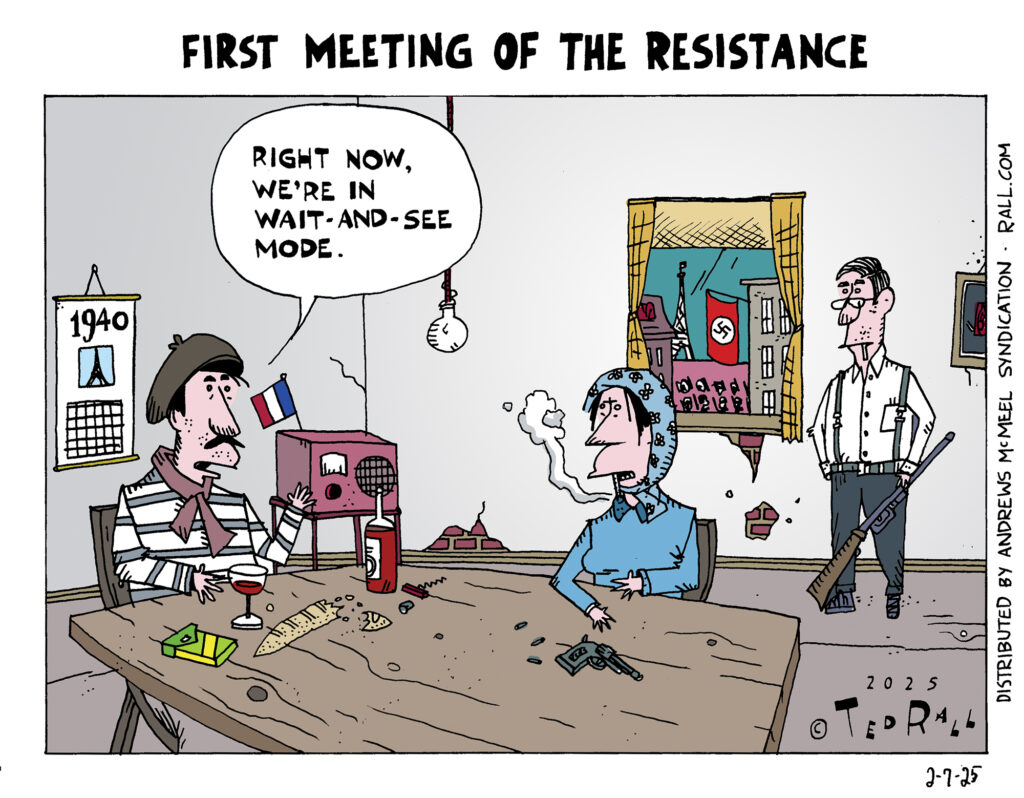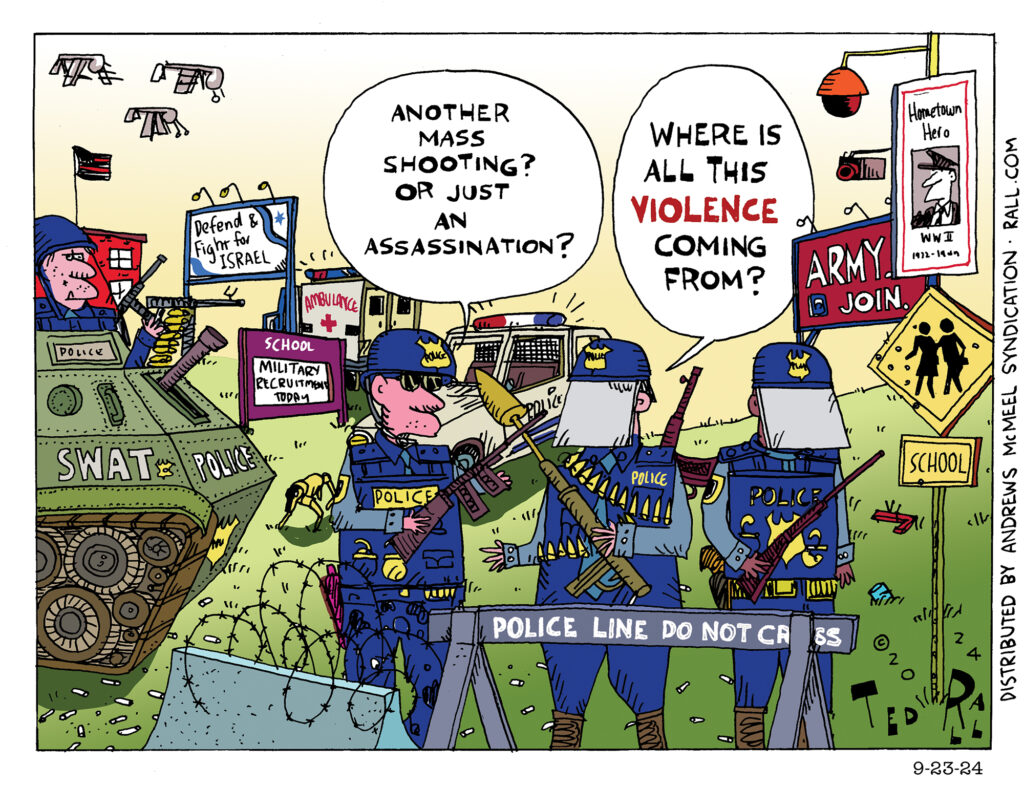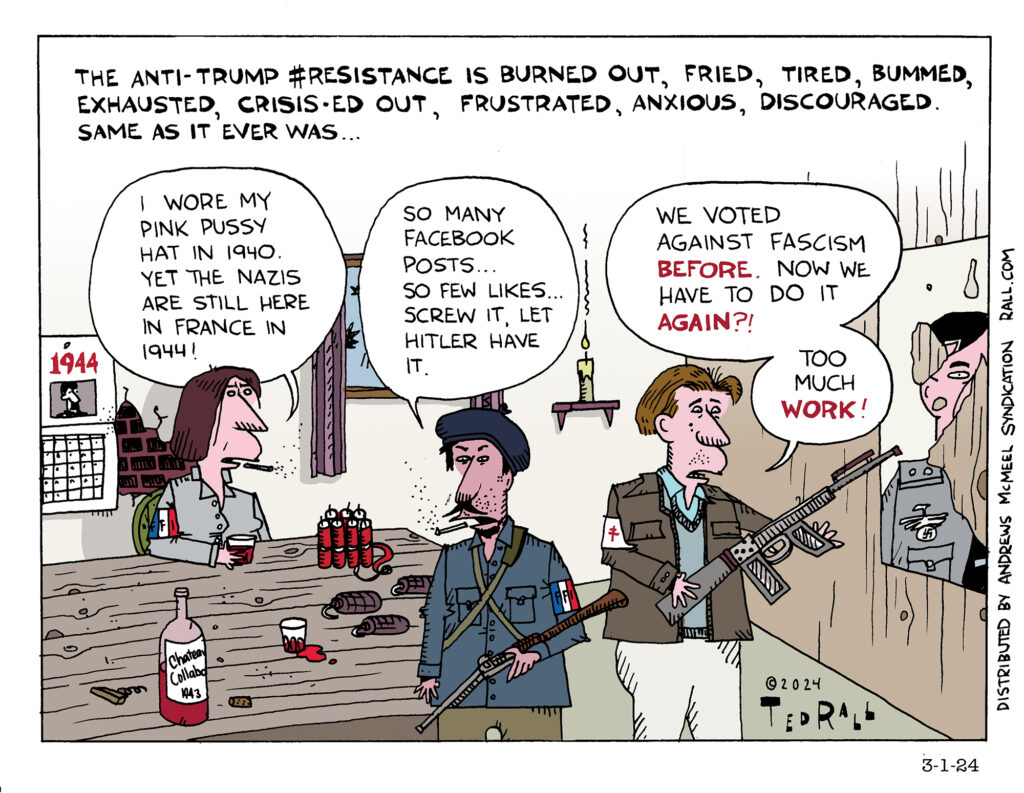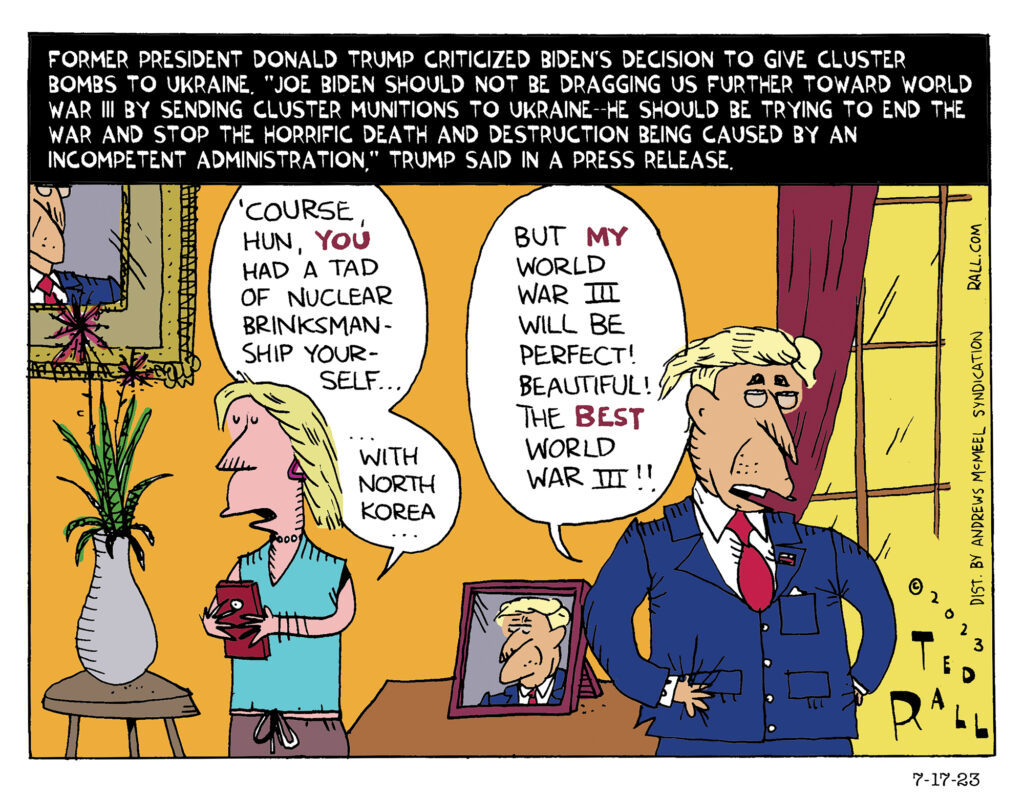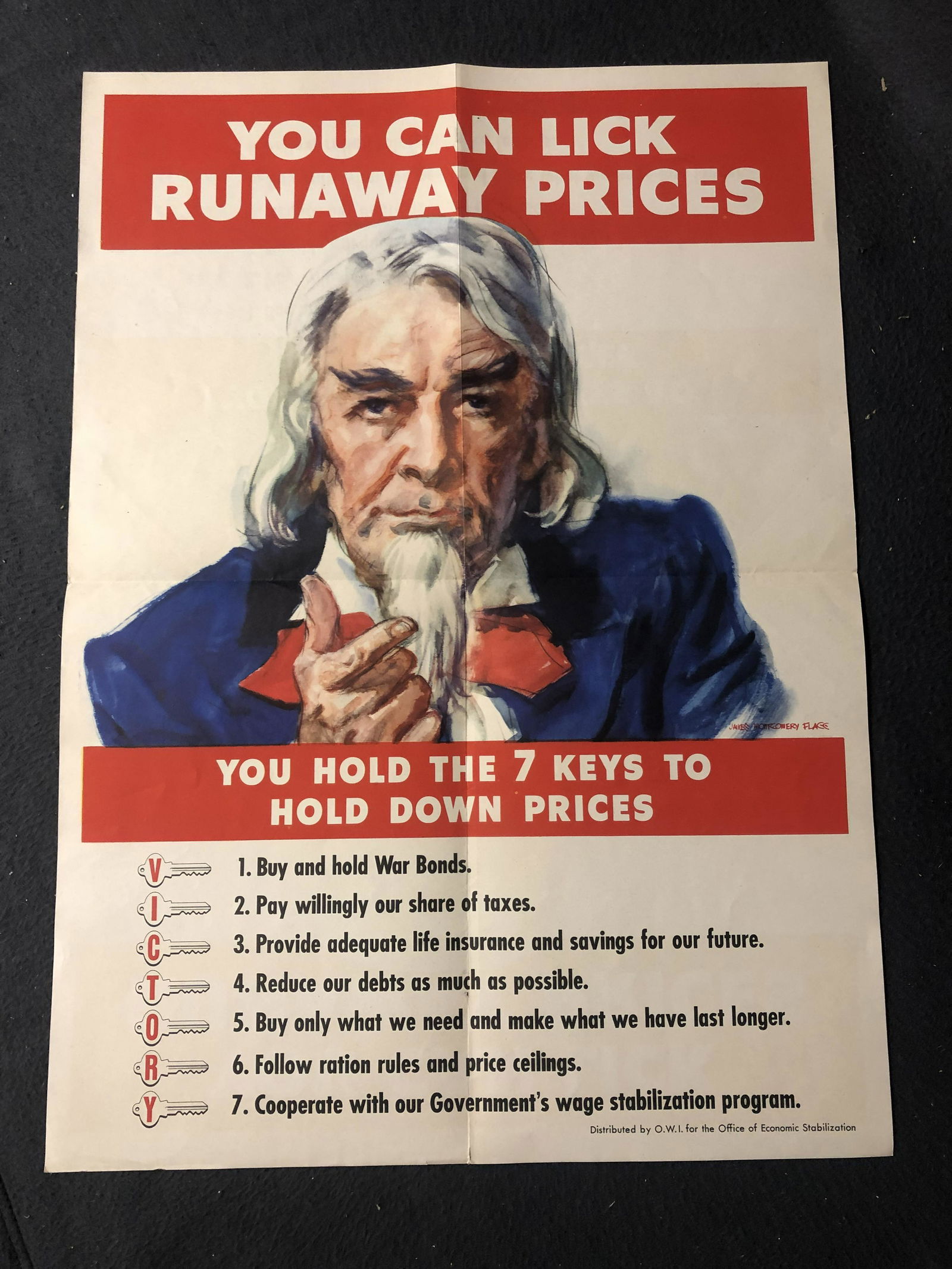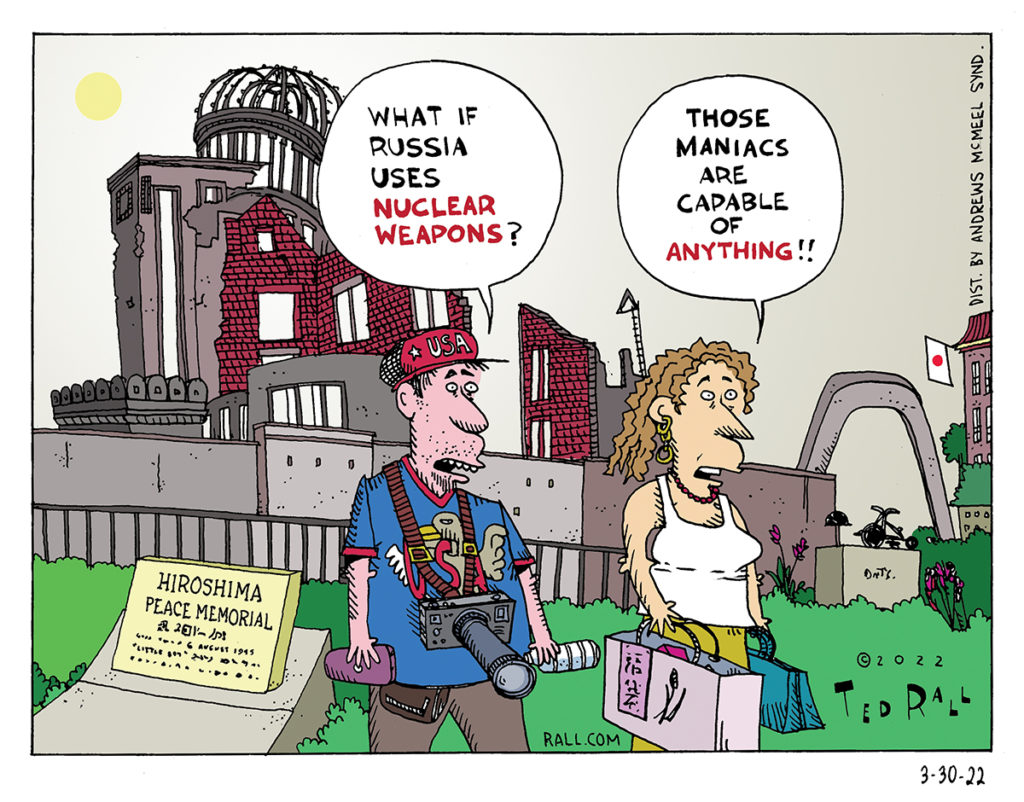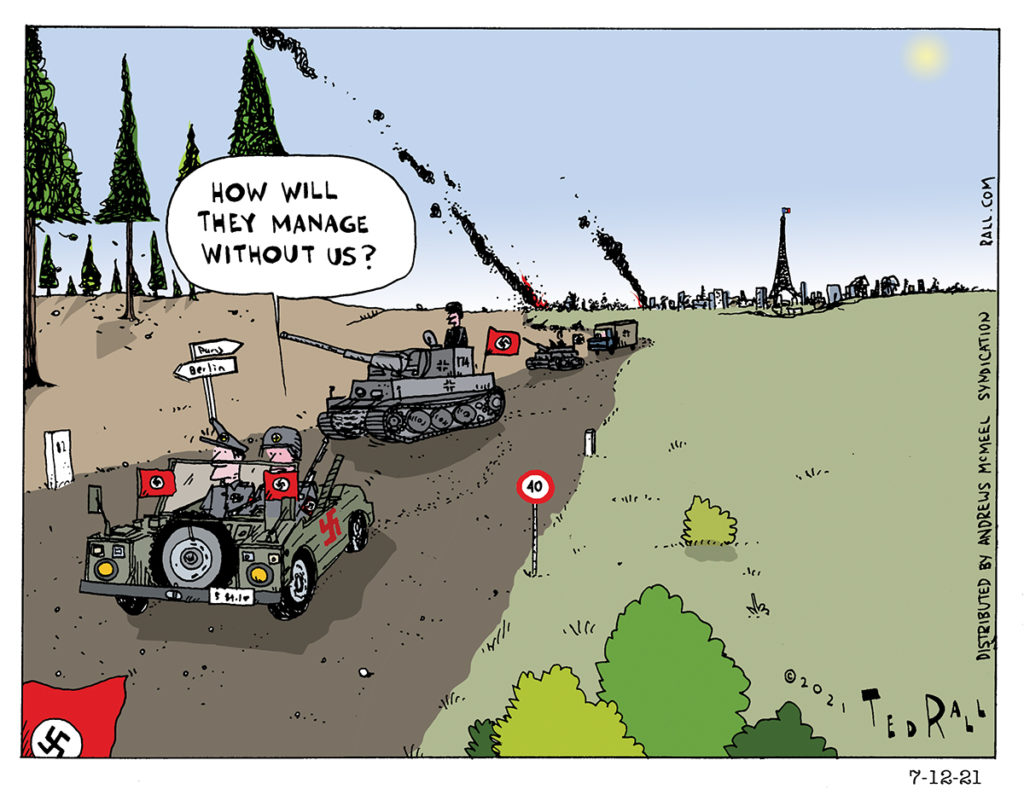Democrats’ idea of “resistance” to Trump is considerably less substantial than actual resistance to fascism looked like during World War II. And it probably shouldn’t have started with a unanimous vote for neoconservative maniac Marco Rubio.
Donald Trump and the Republicans are unleashing a tsunami of extremist executive orders and policy changes. But the Democrats who one would normally expect to lead the resistance are not reacting, explaining that they are in “wait and see mode” because they are still despondent about the election results.


